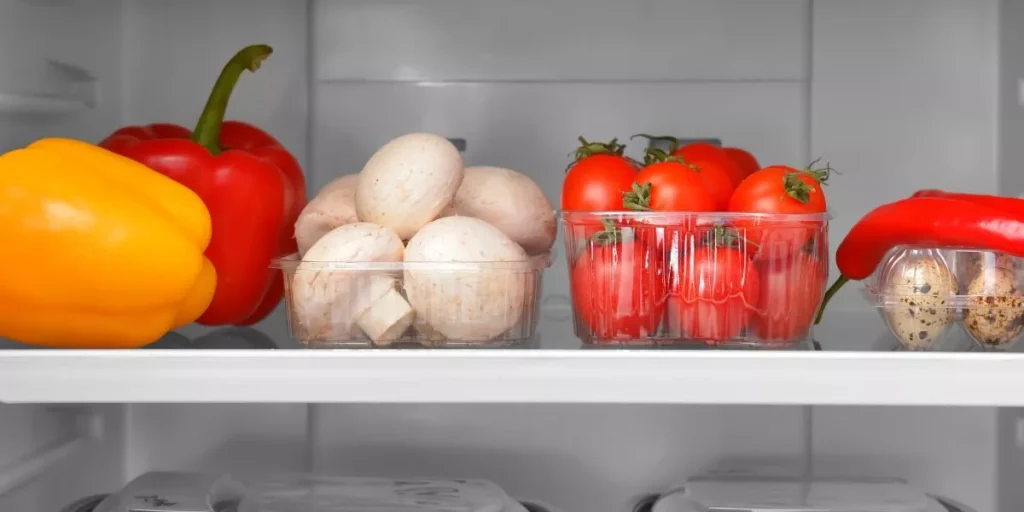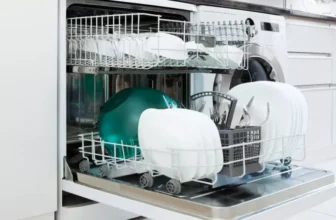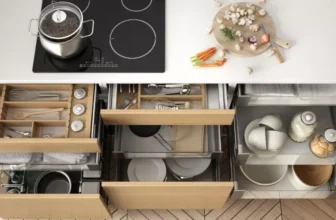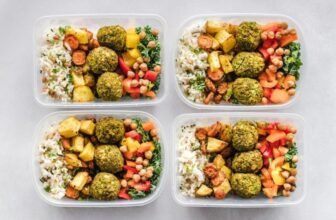
When it comes to keeping your fresh produce lasting longer, there are some straightforward tricks that can make a significant difference. By implementing a few simple techniques, you can extend the life of your fruits and vegetables without much effort. These methods are practical and easy to incorporate into your daily routine, ensuring that your produce stays fresher for an extended period. By following these tips, you’ll be able to enjoy your favorite fruits and vegetables for much longer, saving you time and money in the process.
Proper Storage Methods
To keep your fresh produce at its best for longer, store it in the crisper drawer of your refrigerator. The crisper drawer helps regulate humidity levels, keeping fruits and vegetables fresh and crisp. Remember to separate fruits and vegetables, as some fruits release ethylene gas, which can cause vegetables to spoil faster. For example, apples and bananas are known ethylene producers.
Leafy greens like lettuce and spinach should be stored unwashed in a plastic bag with a paper towel to absorb excess moisture. Berries are best stored in a container lined with paper towels to help absorb moisture and prevent mold growth. Keep potatoes, onions, and garlic in a cool, dark, and dry place outside of the refrigerator to prevent sprouting.
Avoid storing produce near sources of heat or direct sunlight, as this can cause them to ripen and spoil quickly. By following these storage tips, you can extend the freshness of your fruits and vegetables, reducing waste and saving money in the long run.
Effective Handling Techniques
When handling fresh produce, prioritize gentle touches and proper techniques to maintain its quality and extend its shelf life. Begin by washing your hands thoroughly before handling any fruits or vegetables to prevent the transfer of dirt, oils, or bacteria. Use a clean cutting board and sharp knife to avoid crushing or bruising the produce. When washing fruits and vegetables, use a colander and gently rinse them under cool water. Avoid soaking them for extended periods, as this can lead to nutrient loss. Pat them dry with a clean towel or paper towel before storing.
Be mindful of how you handle delicate produce like berries or leafy greens. These items are easily damaged, so handle them with care to prevent bruising or wilting. Store produce away from any raw meats to avoid cross-contamination. When transporting produce, use reusable bags or containers to prevent crushing or bruising during transit. By following these effective handling techniques, you can help prolong the freshness and quality of your fresh produce.
Key Factors for Prolonging Freshness
For fresher produce that lasts longer, focus on proper storage conditions and temperature control. The key factors for prolonging freshness lie in how you store your fruits and vegetables. Keep your produce in the right environment to maintain its quality.
Store fruits and vegetables in separate compartments in the refrigerator to prevent them from ripening too quickly. Some fruits emit ethylene gas, which can cause nearby vegetables to spoil faster. Additionally, ensure that your refrigerator is set at the optimal temperature. Most fruits and vegetables thrive in cool temperatures but not freezing ones.
Check the humidity levels in your fridge as well, as some produce items require higher humidity to stay fresh. For those that don’t need refrigeration, such as tomatoes and potatoes, store them in a cool, dark place. By paying attention to these factors and adjusting your storage methods accordingly, you can significantly extend the freshness and shelf life of your produce.
Top Tricks to Extend Shelf Life
Implementing clever storage techniques can significantly extend the shelf life of your fresh produce. One top trick is to store fruits and vegetables separately. Fruits like apples and bananas release ethylene gas, which can speed up the ripening process of other produce items. Keeping them apart can prevent premature spoilage.
Additionally, utilizing breathable storage bags or containers can help maintain the ideal moisture levels for different types of produce. For instance, leafy greens thrive in slightly humid conditions, while mushrooms do better in a dry environment.
Another helpful tip is to check for and remove any spoiled pieces regularly. One rotten apple can indeed spoil the whole bunch, so promptly getting rid of any damaged or overripe items can prevent the spread of mold and bacteria to the rest of your produce. Moreover, storing herbs like parsley or cilantro in a glass of water on the counter, similar to a bouquet of flowers, can help keep them fresh for longer.
Trending Products














